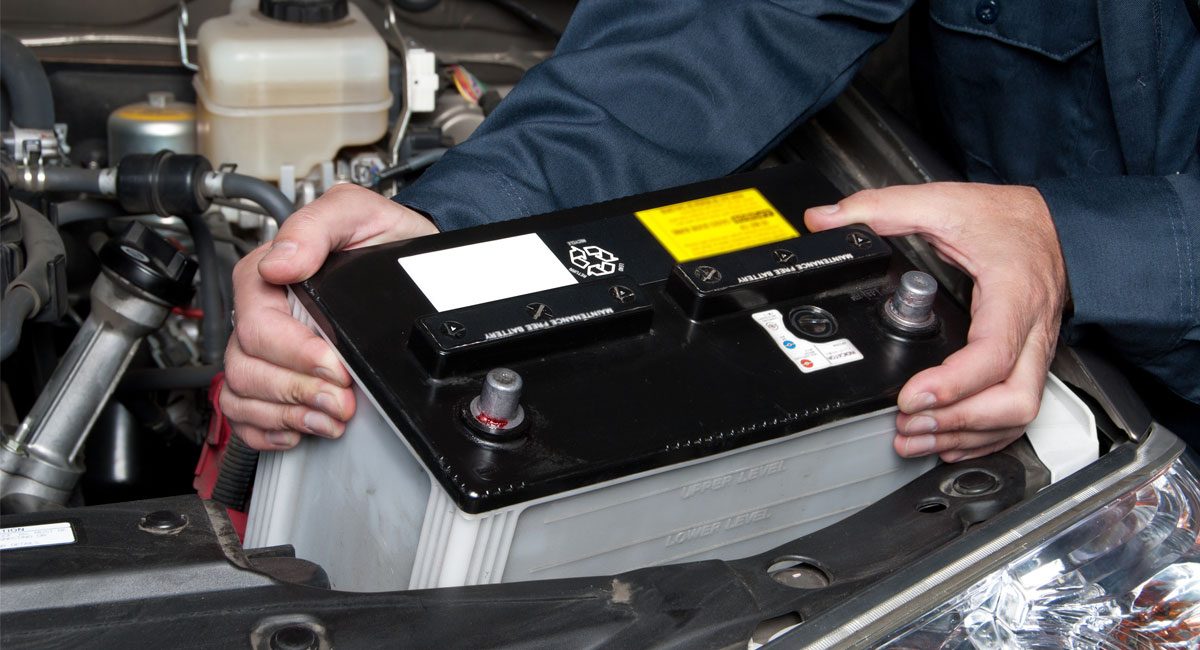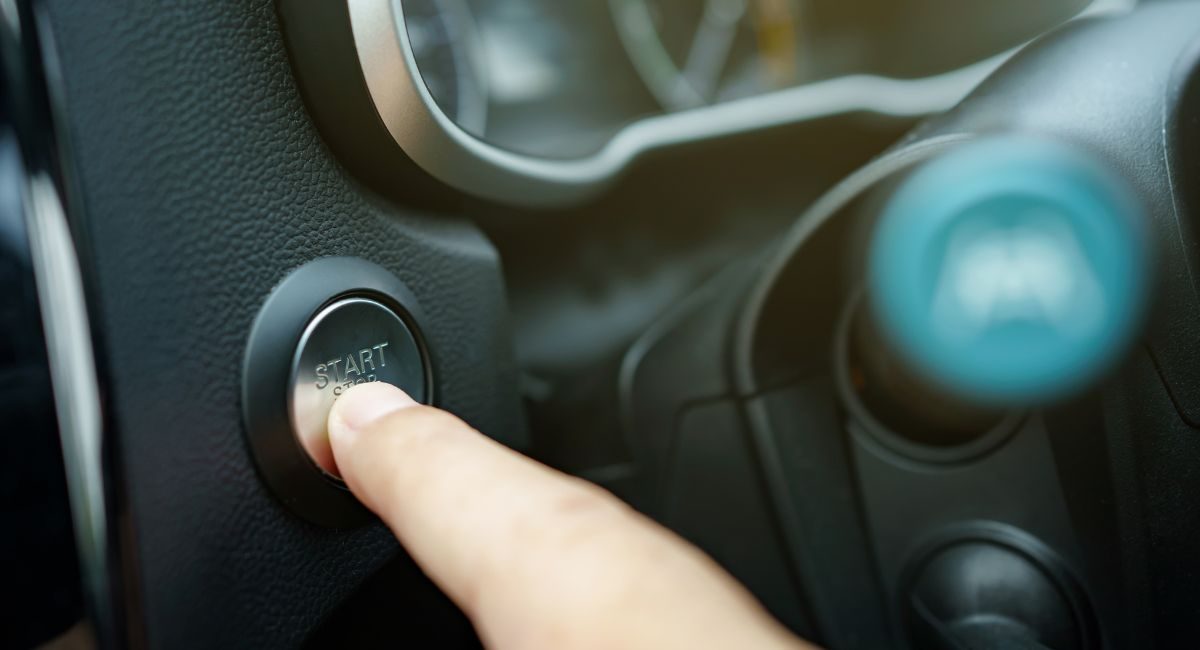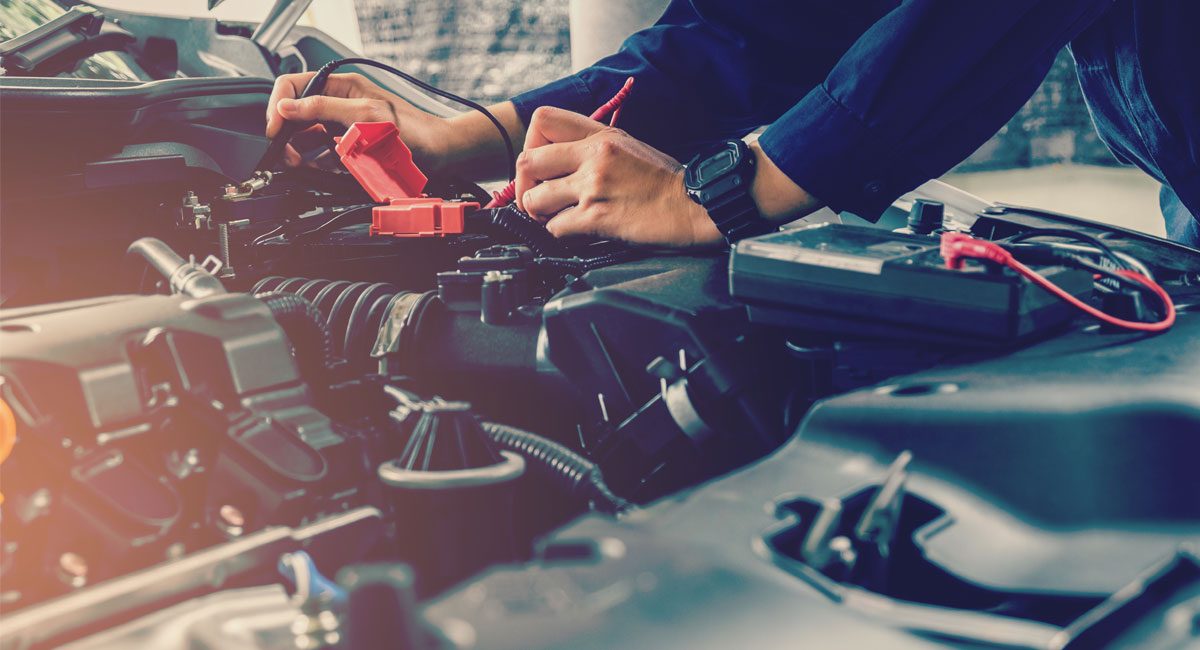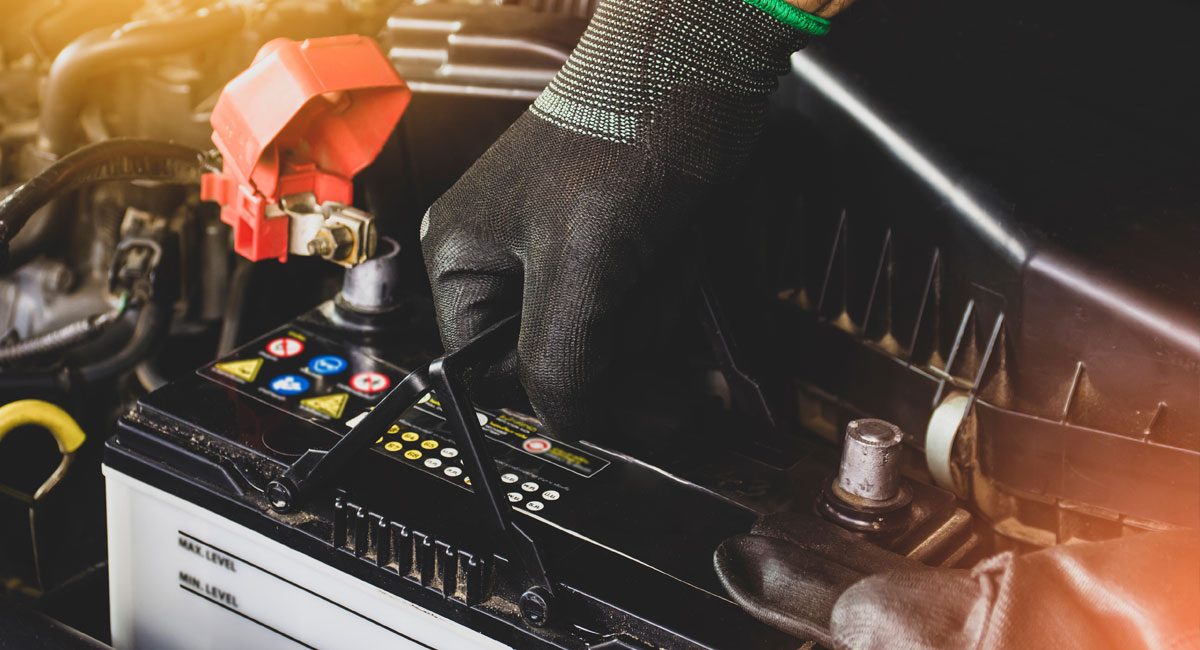An unexpected flat battery can be a big inconvenience. Here’s how to keep yours in good condition for longer.
Don't Leave Your Car Unused for Long Periods
If your car sits inactive for days or only takes short trips, the battery doesn’t get enough time to recharge. Your car performs best when used regularly, so try to take it out for a 30-minute drive at least once a week to warm up the engine and circulate fluids. If your car is unused for over two weeks, ensure the battery is fully charged. Consider investing in a battery maintainer or trickle charger to keep the battery at an optimal charge level during long periods of inactivity. Contact Battery Central Roadside or your local automotive workshop for advice when in doubt.
Clean Your Battery Regularly
Avoid Using Electronic Accessories When the Engine Isn't Running
Check Your Battery's Voltage Regularly
Ensure Proper Installation and Secure Connections
By following these simple tips, you can extend the lifespan of your car battery and avoid the inconvenience of unexpected flat batteries. For expert advice and battery services, visit Battery Central Roadside.




